Q&A with Berto Calkins of “What’s Good, Berto?” and Woodstock Farm Sanctuary
October 22, 2018
This week we sat down with Berto Calkins to better understand how he views his role in the farmed animal protection movement and why he recently joined the Woodstock Farm Sanctuary board.
E: How do you see your role as an advocate for farmed animals?
BC: My role as an activist is to plant seeds that allow people to make informed decisions regarding veganism. One of my advocacy positions is as a board member of Woodstock Farm Sanctuary. In this position, I strive to do things that make more people aware of veganism regardless of their cultural background.
E: Awesome! As a recent addition to the Woodstock Farm Sanctuary board what are some things you think are especially meaningful for the sanctuary (&/or the animal protection movement) to do or consider?
BC: Woodstock cares about the animals that it shelters and also really values connecting people with those animals. Knowing that animal sanctuaries still play an integral role in not only helping people empathize with animals but also transition to a vegan lifestyle motivates me to support Woodstock as much as I can.
But there are things that we need to think about when we are connecting people to farmed animals.
When board members of prominent vegan orgs aren’t representative of the vegan community--or society, at large--it demonstrates that there is a lack of knowledge of the community and the people we are trying to influence. I find that many vegan individuals and organizations tend to live in a vegan bubble, meaning that they are not truly in touch with the community. I perceive groups that are trying to be more inclusive as being more educated, open-minded, and caring.
Woodstock has gotten pushback regarding its upgraded mission through advocating for animal rights in alliance with other social justice movements because some people think that it “takes away from the animals.” This has resulted in some people choosing to no longer support Woodstock, which is unfortunate. Animals are always at the forefront of Woodstock’s mission and bringing other communities into our advocacy efforts—particularly those from marginalized groups—only helps support and advance our collective mission.
We all have different experiences due to our race/gender/class/sexual orientation/ability/and more, and neglecting to be understanding and inclusive of these things only fails the animals. The better we are able to communicate with people from all backgrounds, the more animals will be saved.
E: It sounds like Woodstock truly believes in racial inclusion, where did this come from and why has it shifted to take a more expansive approach to vegan advocacy?
BC: The idea behind Woodstock being more inclusive is to allow more people to feel welcomed into the vegan lifestyle/community, which ultimately benefits the animals. Being inclusive doesn’t take away attention from the animals, it broadens our scope—to expose the connections that all of us have in order to support each other to fight these oppressions.
Representation matters in animal rights because people need community and if people can’t relate to the community that they wish to be a part of, the chances increase that they will revert back to consuming animal products and neglect the movement.
Another way of saying this is that being inclusive of different communities and social justice movements allow for more people to come into the animal protection movement, thereby saving more animal’s lives. The more people can relate to our movement, the more likely they’ll remain a part of it.
Sometimes dominant groups may not be able to relate to messaging that target marginalized communities, and in those cases, they may claim that our message is alienating. But when we step back we can see that being inclusive allows for more communities to be welcomed and that’s what we need to win for animals.
Inclusivity strengthens an organization because it allows for many different perspectives which is the only way our movement will thrive. When we try to solve a problem like animal agriculture using a single point of view it isn’t beneficial, especially when what we’re all trying to do is share a compassionate message that can change society.
Berto Calkins is founder of the Tatted Vegan and board member of Woodstock Farm Sanctuary.

